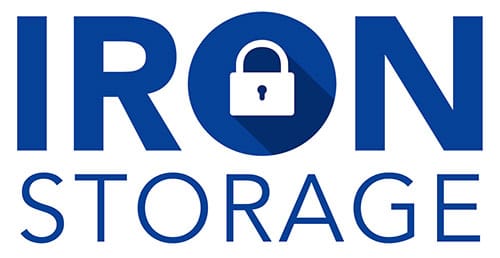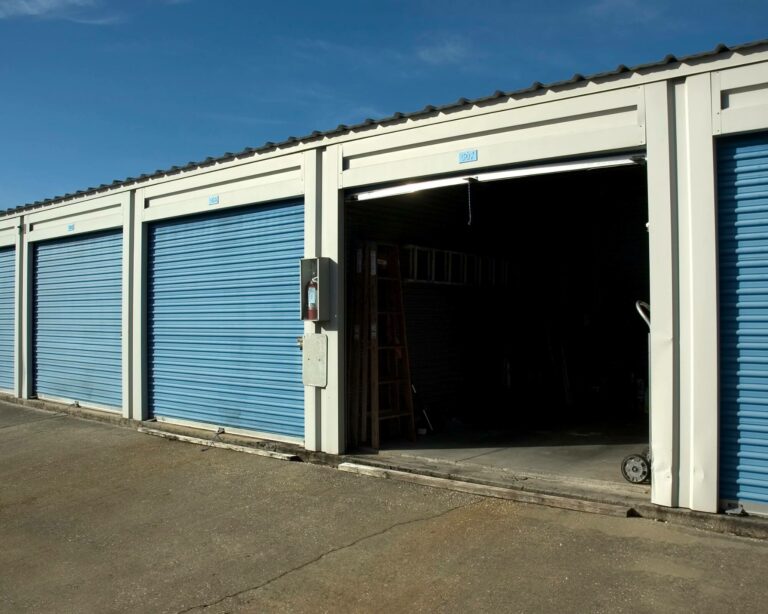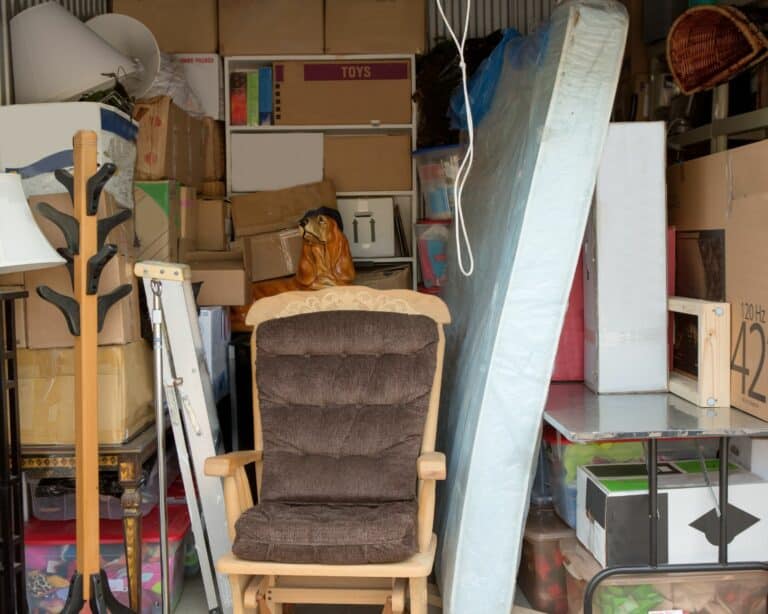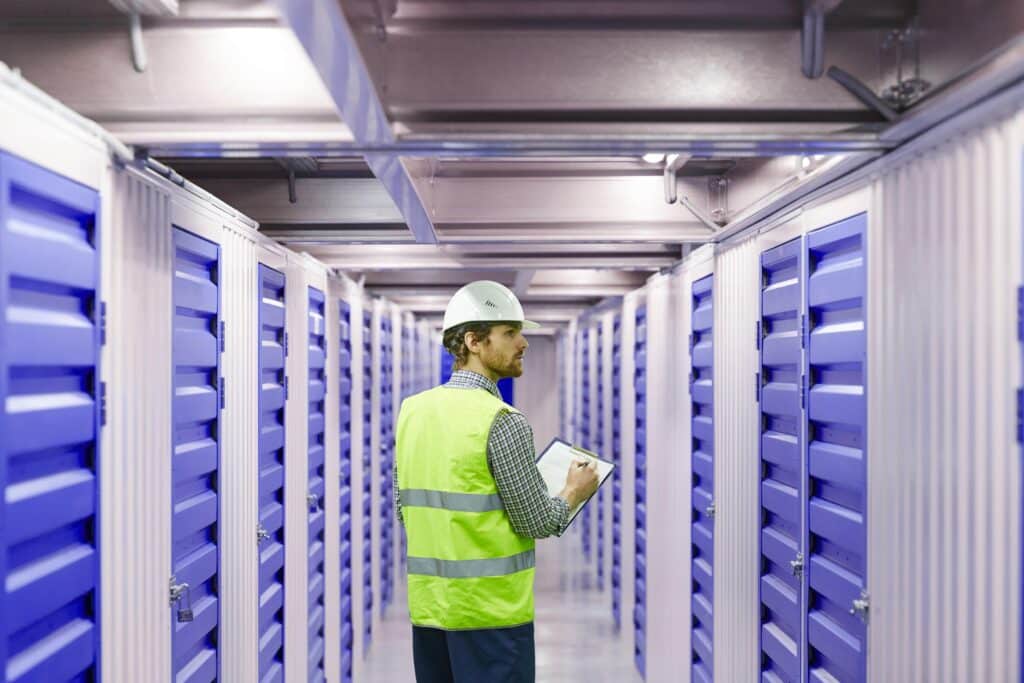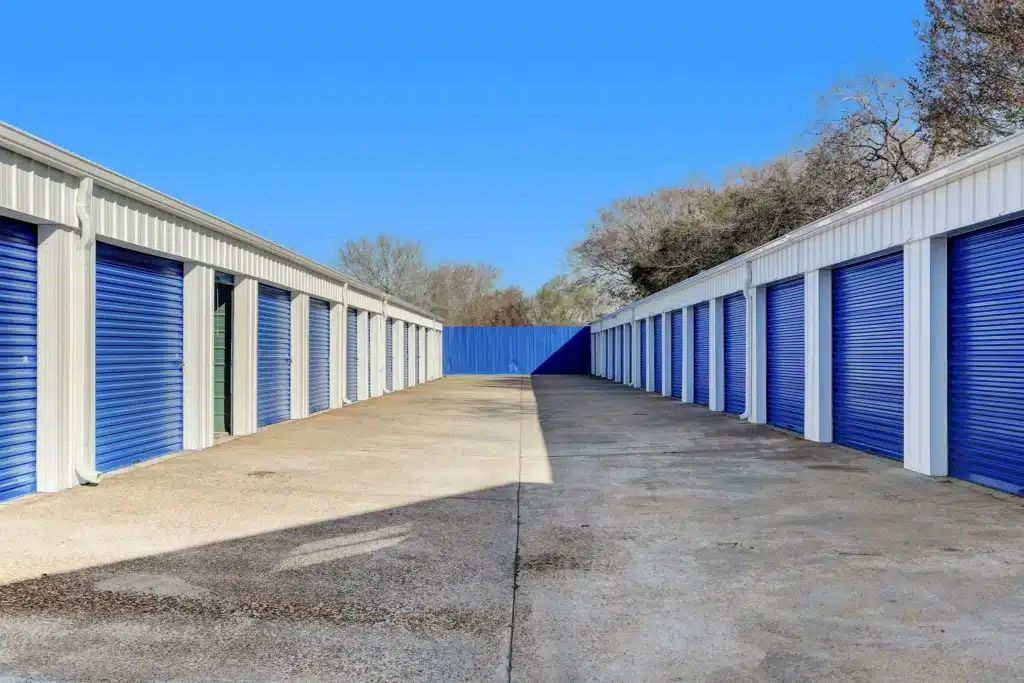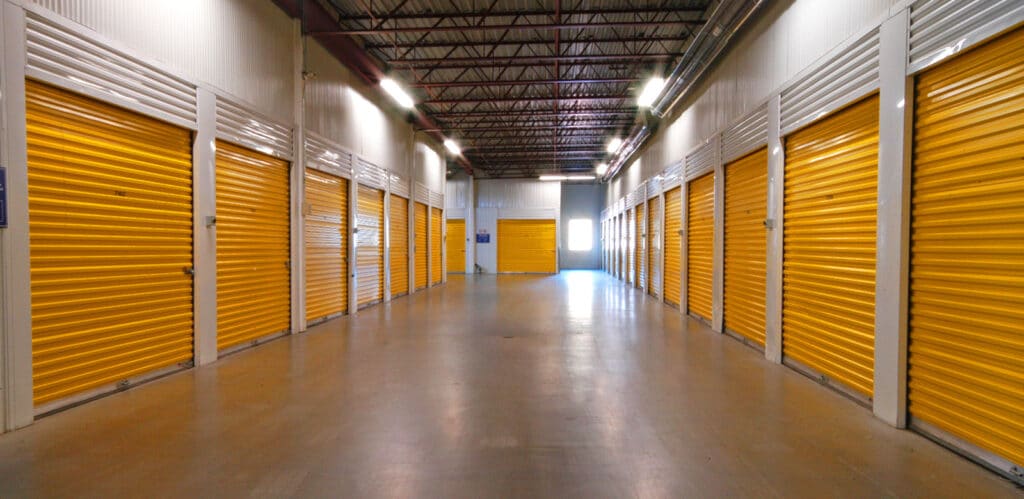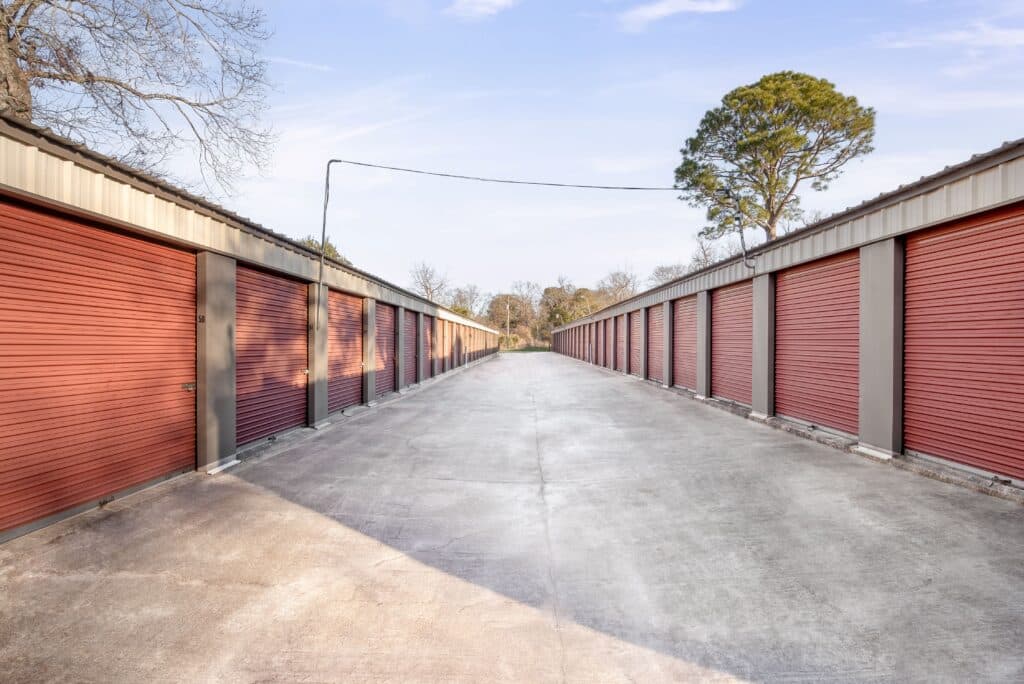Do I Need Climate Controlled Self Storage
When the seasons change, so does the weather. And while some people enjoy the cooler temperatures that come with winter, others start dreading the thought of having to drag their heavy coats and boots out of storage.
But what about the items that can’t be stored in a regular self-storage unit? Items that are sensitive to temperature changes or excessive moisture need climate-controlled storage units to remain in good condition.
What are Climate Controlled Storage Units?
A climate-controlled storage unit is a storage unit that is temperature and humidity-regulated. This means that the unit will be set to a specific temperature and humidity level and will maintain those levels throughout the year, no matter what the weather is like outside.
Climate-controlled storage units are typically found in areas of the country with extreme temperatures, like Florida or Arizona. But even if you don’t live in one of these states, you may still need to use a climate-controlled storage unit for certain items.
How do Climate Controlled Storage Units Work?
Climate-controlled storage units work by regulating the temperature and humidity inside the unit. This is done by using a system of air vents, fans, and dehumidifiers.
The air vents help circulate the unit’s air and keep the temperature at a consistent level. The fans help move the air around and prevent stagnant air from sitting in one unit area.
The dehumidifiers work to remove any excess moisture from the air. This helps to prevent mold and mildew from growing on your stored items.
Factors to Consider When Choosing Climate-Controlled Storage
There are a few factors that you need to consider when choosing whether or not to use a climate-controlled storage unit, such as:
Cost
The first is the cost. Climate-controlled units typically cost more than regular units. This is because they require more energy to run the air conditioning and dehumidifying systems.
Item Type
- Electronics
- Photographs
- Antiques
- Artwork
- Wooden furniture
- Musical instruments
- Clothing made of natural fibers
The second factor is the type of items that you will be storing. If you are planning on storing items that are sensitive to temperature changes or moisture, then you will need to use a climate-controlled unit
If you are storing items that are not sensitive to temperature changes or moisture, then you can probably get away with using a regular storage unit.
Length of Storage
The third factor is the duration of your storage. If you are only planning on storing your items for a short period, then you may not need to use a climate-controlled unit.
However, if you are planning on storing your items for an extended period, then it is worth the investment to use a climate-controlled unit
Geographical Location
The fourth factor is the location of the storage facility. If the facility is located in an area with extreme temperatures, then it is more likely that you will need to use a climate-controlled unit.
However, if the facility is located in an area with milder temperatures, you may get away with using a regular storage unit.
Items that Need Climate-Controlled Storage Units
As mentioned, there are certain items that need to be stored in a climate-controlled unit. These items are sensitive to temperature changes and excessive moisture.
Some examples of these items include:
Wooden and Leather Furniture
Wooden and leather furniture can warp and crack in extreme temperatures or high humidity.
This is because wood is a natural material that expands and contracts with changes in temperature and moisture. So, if you are planning on storing any wooden or leather furniture, it is best to use a climate-controlled storage unit.
Electronics
Electronics are also sensitive to temperature changes and excessive moisture. If these items are stored in an environment that is too hot or too cold, they can malfunction.
Excessive moisture can also damage electronics by causing them to rust or corrode. Most warranties do not cover this type of damage.
Household Appliances
Similar to electronics, extreme temperatures, and high humidity can also damage household appliances
For example, washing machines and dryers can rust if they are stored in a humid environment. Refrigerators can develop mold if they are stored in a unit that is too warm.
Musical Instruments
Musical instruments are sensitive to changes in temperature and humidity. For example, pianos can go out of tune if they are stored in an environment that is too cold or too hot.
Guitars can also warp if they are stored in an environment that is too humid. Other instruments such as violins and cellos can crack if they are stored in an environment that is too dry.
Photographs
Photographs can fade or become discolored if stored in an environment that is too hot or humid. It is best to store photographs in a climate-controlled storage unit to prevent this from happening.
Artwork
Like photographs, artwork can also fade or become discolored if it is stored in an environment that is too hot or too humid.
Paintings and sculptures can also be damaged by excessive moisture. It is best to store your artwork in a climate-controlled storage unit to protect it.
Special Collections
If you have a special collection, such as stamps, coins, or baseball cards, it is important to store them in a climate-controlled storage unit.
This is because extreme temperatures and humidity can damage these items. They can also be damaged by pests such as insects and rodents.
Wine
Wine is a sensitive beverage that extreme temperatures and humidity can damage. If wine is stored in an environment that is too hot, it will start to cook.
This will cause the wine to lose its flavor. If wine is stored in an environment that is too humid, it will start to mold.
Clothing
Extreme temperatures and humidity can damage clothing. For example,woolen clothing can shrink if it is stored in an environment that is too humid.
Leather clothing can also crack and warp if it is stored in an environment that is too dry.
Business Documents and Inventory
Businesses often need to store documents and inventory. These items are sensitive to changes in temperature and humidity.
For example, papers can fade or become discolored if they are stored in an environment that is too humid.
What are the benefits of using a climate-controlled storage unit?
There are several benefits of using a climate-controlled storage unit, including:
Secure storage
Unlike other storage options, climate-controlled storage units are typically located inside of a building. This means that your belongings will be better protected from the elements and from theft.
Protection from extreme temperatures and humidity
As we mentioned above, extreme temperatures and humidity can damage many items, including wooden furniture, electronics appliances, musical instruments, photographs, artwork, special collections, wine, and clothing.
A climate-controlled storage unit will protect your belongings from these conditions and help to keep them in good condition.
Pest control
Climate-controlled storage units also have pest control measures in place to keep insects and rodents out. This is important because these pests can damage your belongings.
When is a climate-controlled storage unit not an option?
There are some circumstances when a climate-controlled storage unit is not an option. For example, if you need to store large items such as boats or RVs, you will not be able to find a climate-controlled storage unit that can accommodate them.
Additionally, climate-controlled storage units tend to be more expensive than other storage options. If you are on a tight budget, you may want to consider another type of storage unit.
However, if you have belongings that are sensitive to extreme temperatures and humidity or you simply want to be sure that your belongings are well protected, a climate-controlled storage unit is the best option for you.
What can be stored in a storage unit without climate control?
There are some items that can be stored in a storage unit without climate control.
These items include:
- Non-perishable food
- Canned goods
- Dry goods
- Pots and pans
- Cooking utensils
- Linens
- Towels
- Clothing that is not made of wool or leather
- Books
- CDs and DVDs
- Tools
- Outdoor furniture
However, it is important to note that even these items can be damaged by extreme temperatures and humidity. If you have the option, we always recommend storing your belongings in a climate-controlled storage unit.
Choose a Climate Controlled Storage Today!
When storing your belongings, it’s always best to invest in a climate-controlled storage unit. These units will protect your belongings from extreme temperatures and humidity, as well as from pests.
If you are looking for a safe and secure place to store your belongings, contact Iron Self Storage today! We also offer a wide range of other storage options. Call us today to learn more!
